Researchers at Harvard Medical School have corrected an error in a study published in the journal Nature on January 8, 2020. The study, titled "The emergence of transcriptional identity in somatosensory neurons," initially contained an error in Extended Data Fig. 2b, where the Trpm8 images for C67 DRG and L45 DRG were identical. This mistake has now been rectified in the HTML and PDF versions of the article.
According to the correction notice, the original figure has been replaced with accurate images, and the corrected version is available online. The researchers involved in the study, including Nikhil Sharma, Kali Flaherty, Karina Lezgiyeva, and David D. Ginty, have acknowledged the error and taken steps to ensure the accuracy of their findings.
The study, which explored the development of somatosensory neurons, is significant in the field of neuroscience and developmental biology. The researchers used cutting-edge techniques to investigate the transcriptional identity of these neurons, which play a crucial role in sensing touch and pain. The correction of the error is a testament to the rigorous standards of scientific research and the importance of accuracy in scientific publishing.
The correction notice also highlights the importance of transparency and accountability in scientific research. "We take the accuracy of our findings very seriously," said David D. Ginty, a researcher involved in the study. "We are committed to ensuring that our research is of the highest quality and that any errors are promptly corrected."
The study's findings have implications for our understanding of neurological development and the treatment of neurological disorders. The researchers' use of advanced techniques, such as single-cell RNA sequencing, has provided new insights into the complex processes involved in the development of somatosensory neurons.
The correction of the error in the study is a positive development for the scientific community. It demonstrates the commitment of researchers to accuracy and transparency, and it highlights the importance of rigorous scientific inquiry. As research continues to advance in the field of neuroscience and developmental biology, it is essential that scientists remain vigilant in their pursuit of accuracy and truth.
The study's findings are available online, and the corrected version of the article can be accessed through the Nature website. The researchers involved in the study are continuing to investigate the development of somatosensory neurons and are exploring the potential applications of their findings in the treatment of neurological disorders.



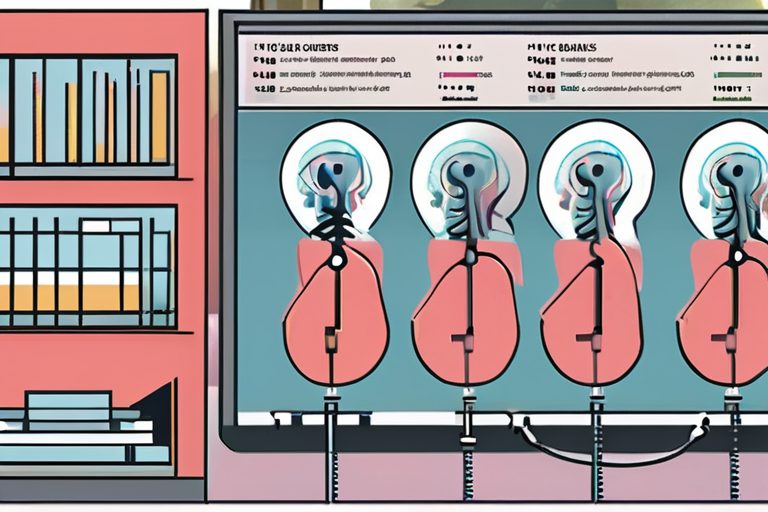
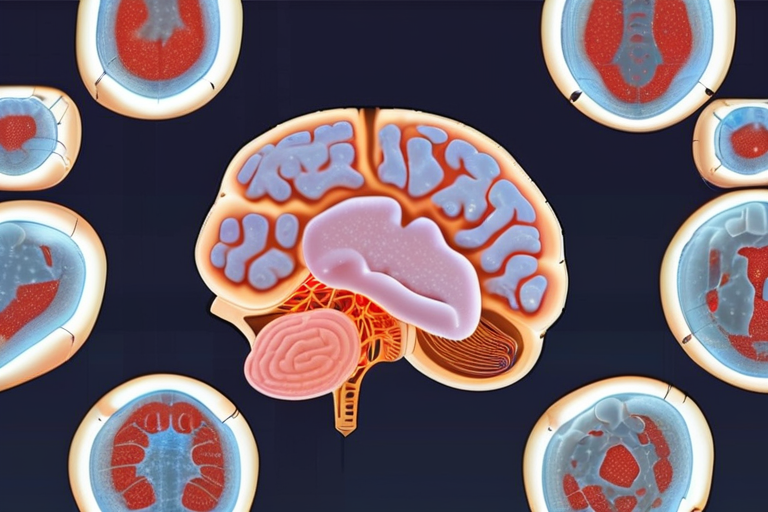

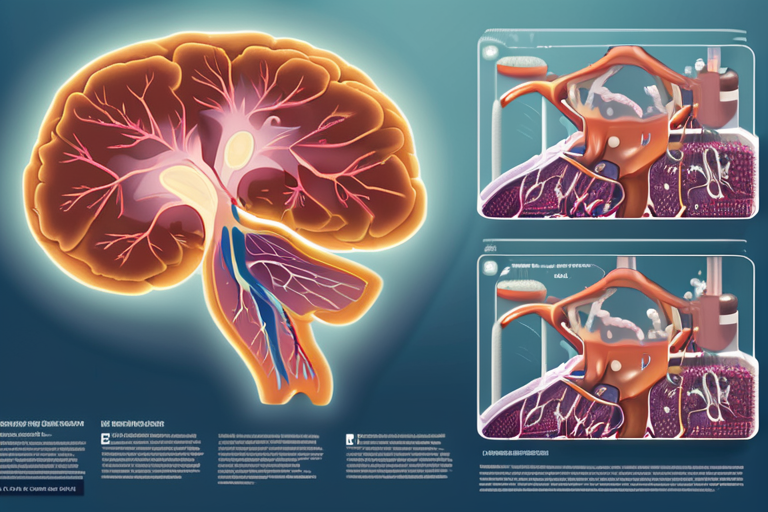

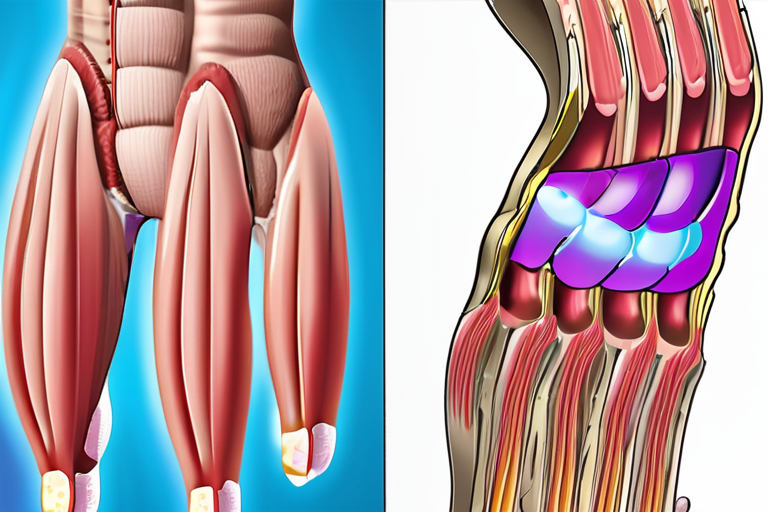
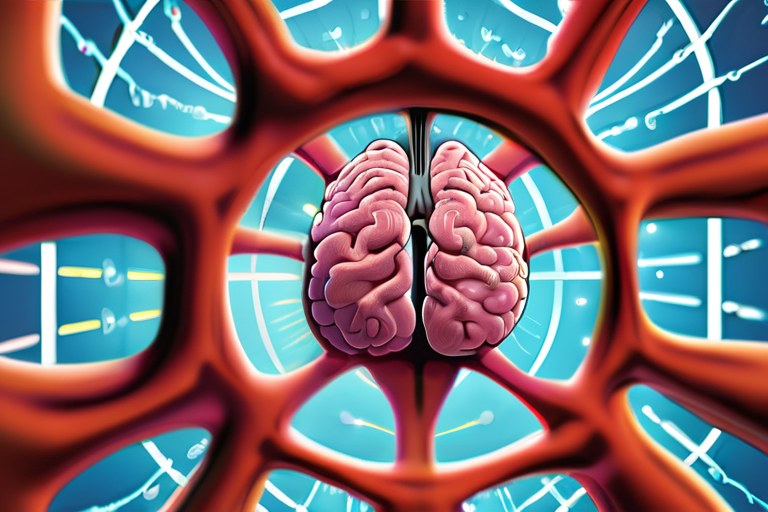
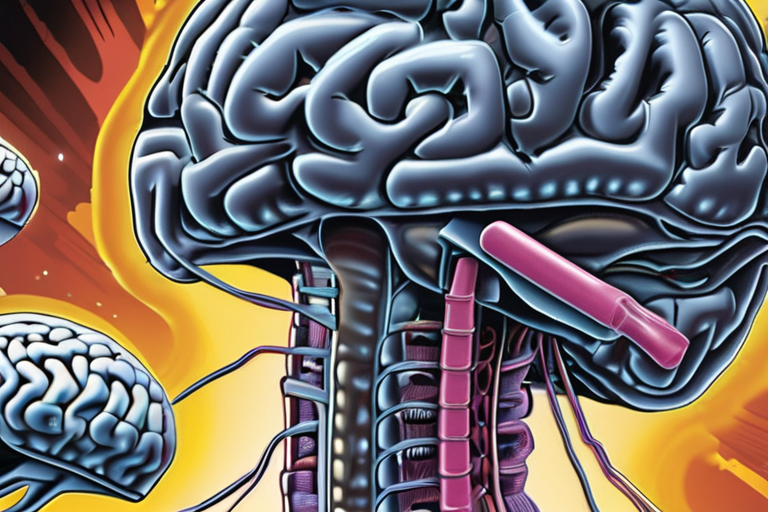

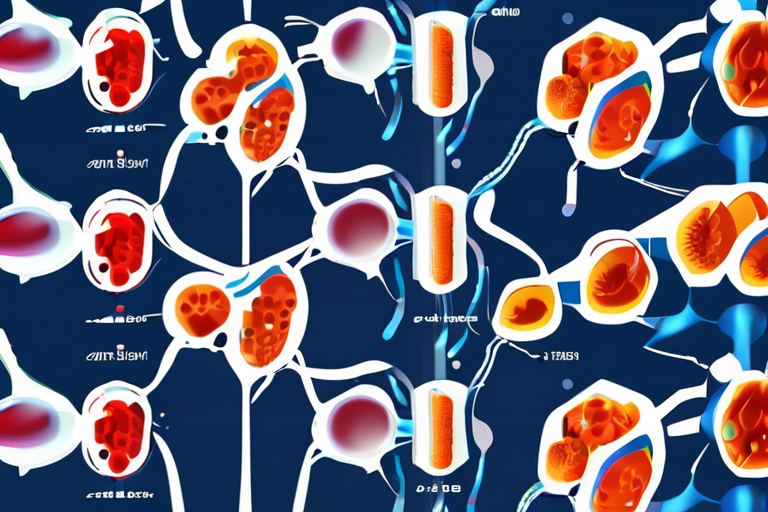



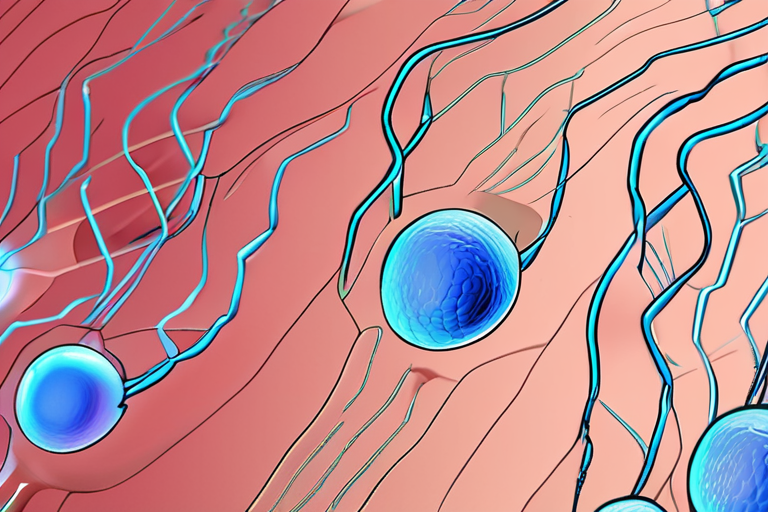

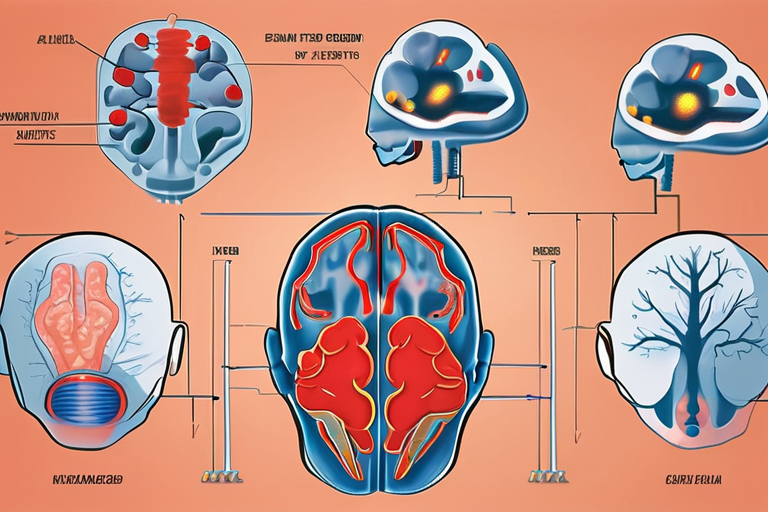
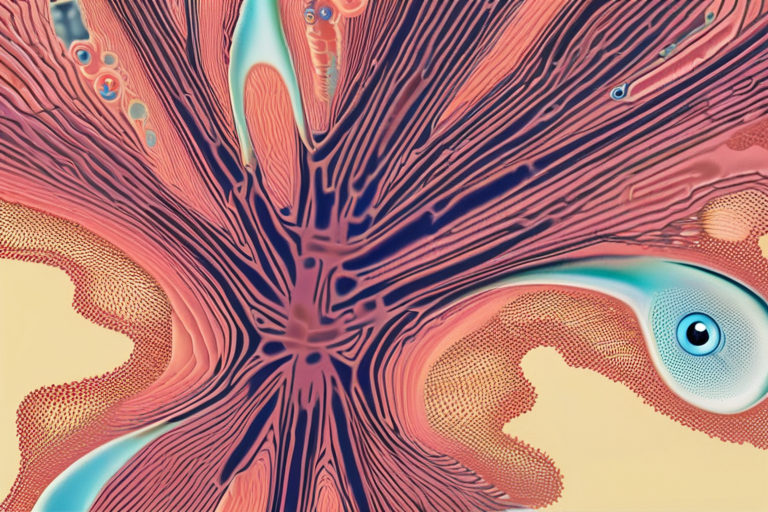
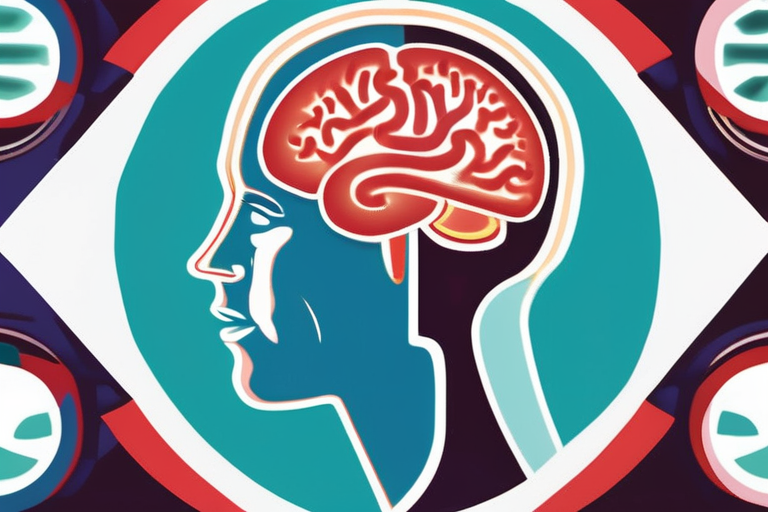
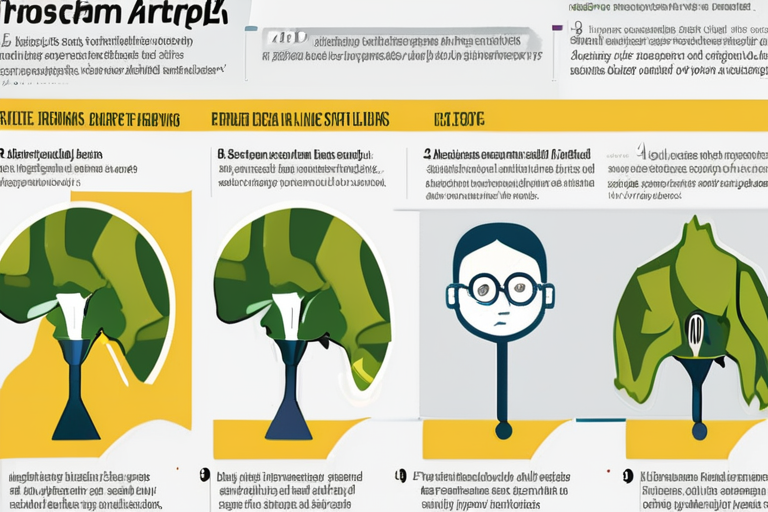

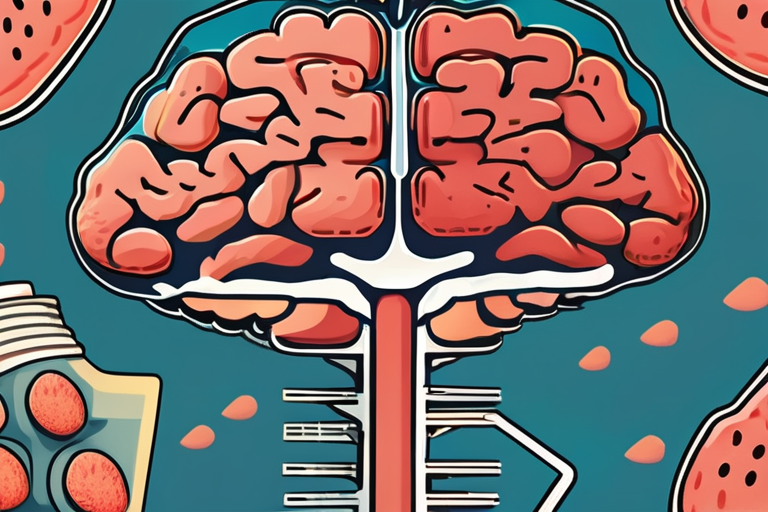



Share & Engage Share
Share this article